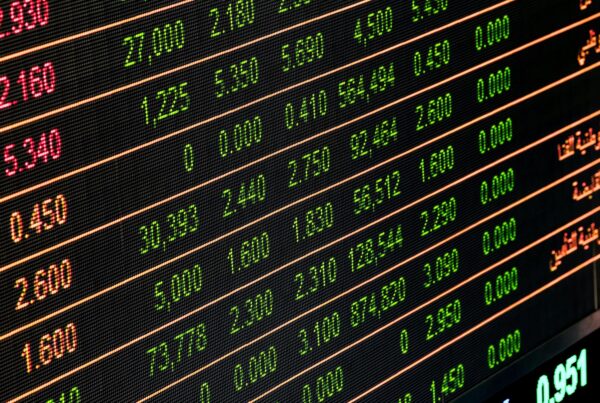- Definition and main functions of a broker
- Types of brokers in the financial market
- Futures Brokers
- Options brokers
- Mutual fund brokers
Definition and main functions of a broker
A financial broker is a professional or entity that acts as an intermediary between investors and financial markets. Its main function is to execute orders to buy and sell financial assets on behalf of its clients. Brokers play a crucial role in the financial ecosystem, facilitating access to various investment instruments and providing specialized advice.
What is the difference between a broker and a trader?
While a broker acts as an intermediary, a trader is the one who makes investment decisions and trades for his own account or for an institution. Brokers execute orders, while traders decide what to buy or sell.
Key characteristics of a financial broker
- In-depth knowledge of financial markets
- Ability to execute operations quickly
- Access to advanced trading platforms
- Risk analysis and management skills
- Compliance with financial regulations
Types of brokers in the financial market
Stock Brokers
Specializing in the purchase and sale of stocks, ETFs and other publicly traded securities.
Forex Brokers
Focused on the foreign exchange market, facilitating the exchange of international currencies.
Futures Brokers
They operate in futures markets, allowing investors to speculate or hedge risks in commodities and other assets.
Options brokers
Specialized in options contracts, offering more complex investment strategies.
Mutual fund brokers
They facilitate investment in mutual funds and other collective investment vehicles.
How to choose the right broker?
Factors to consider when selecting a broker
- Regulation and safety
- Commissions and fees
- Trading platform
- Financial instruments offered
- Customer service and support
Online brokers vs. traditional brokers
Online brokers offer greater accessibility and lower costs, while traditional brokers can provide more personalized service and expert advice.
The role of the broker in trading
What does a broker do on a day-to-day basis?
- Executes buy and sell orders
- Provides market information
- Offers financial advice
- Manages customer accounts
- Performs market analysis
Examples of typical broker operations
- Purchase of shares for a retail customer
- Execution of a currency sale order
- Advice on options strategies
- Management of a portfolio of investment funds
How to become a financial broker
Skills needed to be a successful broker
- Sound financial knowledge
- Communication and negotiation skills
- Ability to analyze and make quick decisions
- Professional ethics and stress management
Steps to start a career as a broker
- Obtain a degree in finance or economics
- Achieve relevant professional certifications
- Gain experience in internships or junior positions
- Obtain necessary licenses according to local regulations
- Develop a network of industry contacts
Frequently asked questions about financial brokers
What is a broker in trading?
A broker in trading is an intermediary that executes orders for the purchase and sale of financial assets on behalf of its clients.
What is the difference between a broker and a trader?
A broker acts as an intermediary, while a trader makes investment decisions and trades for his own account or for an institution.
What exactly does a broker do?
A broker executes orders, provides market information, offers financial advice and manages client accounts.
How does a financial broker make money?
Brokers earn money mainly through transaction commissions, management fees and spreads.
The future of brokers in the financial markets
Impact of technology on the broker's role
Technology is transforming the role of the broker, with automation and algorithmic trading gaining ground. However, expert advice and relationship management remain crucial.
Emerging trends in the brokerage world
- Rise of mobile trading platforms
- Integration of artificial intelligence in market analysis
- Increased focus on customer financial education
- Expansion of roboadvisory services
- Growing importance of cybersecurity in brokerage operations






